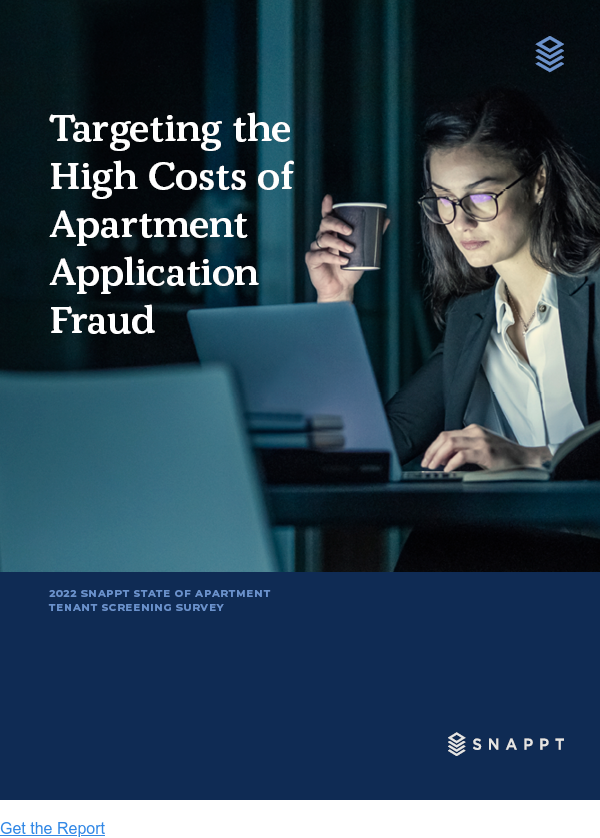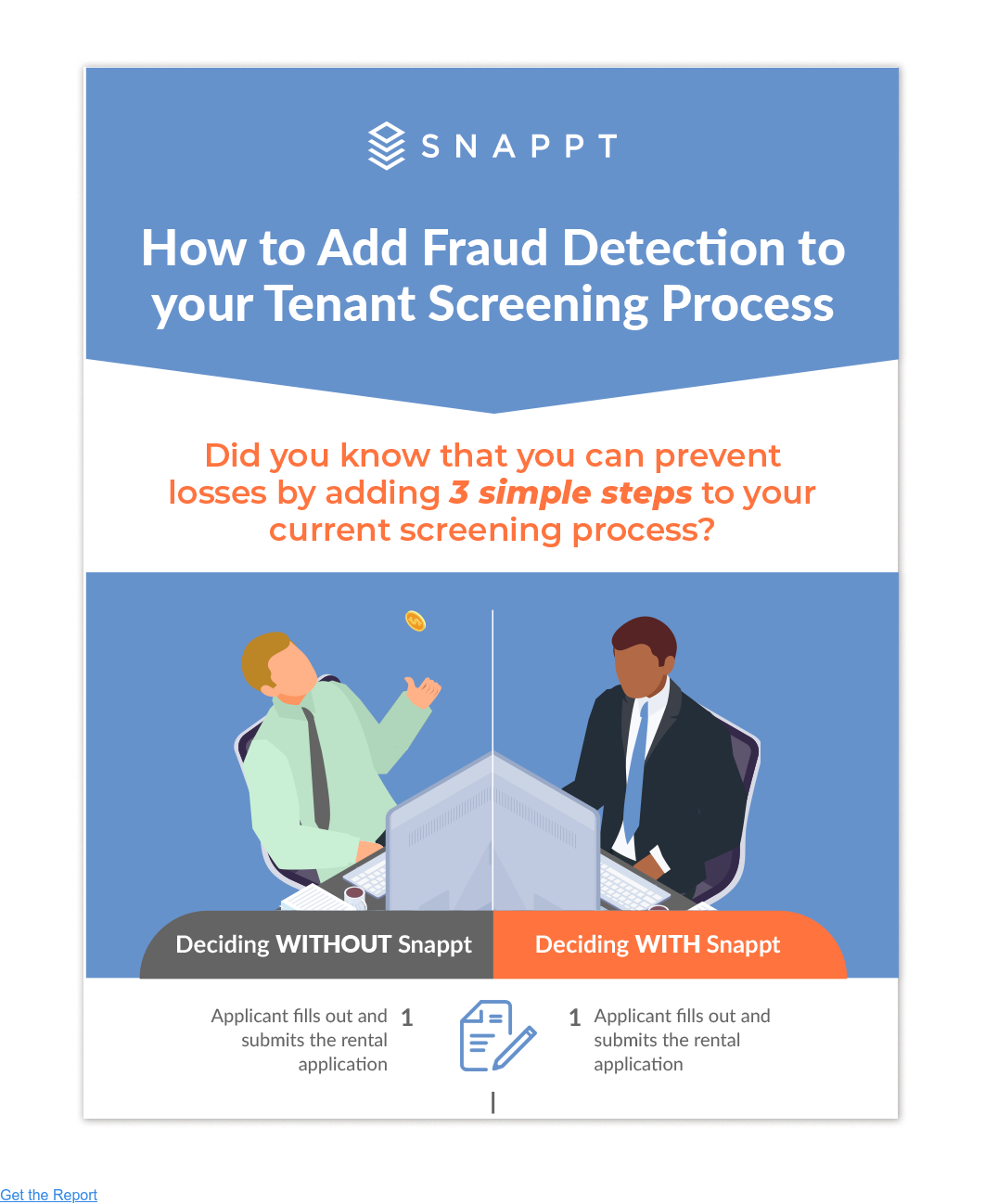Spirited published a survey earlier this year that showed how prevalent financial documentation application fraud had become. In that report, we showed that roughly one in six applications for residential rental units exhibited some sort of application fraud (altered bank statements, fake pay stubs, etc.). That survey was fielded in February 2020.
Immediately thereafter, COVID-19 hit. Government lock-downs led to widespread unemployment. Here at Spirited, we saw an immediate uptick in the amount of applications we screened, showing fraudulent financial information.
We were curious if this was evidence of a broader trend, so we redid our survey (same questions, plus some new ones). This time, we surveyed both property managers and renters. The 100 property managers either manage or are directly involved with evaluating rental applications. They had a variety of titles and roles but were most commonly business or property managers.
The 120 renters were split among Millennials, Gen-Xers, Boomers, and the Silent Generation. They were geographically distributed across the US. They were all renting apartments or townhouses. We did not survey renters of single-family homes.
Financial Documentation Application Fraud Has Exploded
Property managers report that nearly a third (29 percent) of rental applications now exhibit application fraud—nearly double since before the pandemic hit. The problem is widespread: 85 percent of all property managers now report being victims of application fraud, up from 66 percent before the pandemic.
The fraudsters are upping their game. Pre-pandemic, property managers felt just one in 10 fraudulently altered applications went through undetected; they now say one in four application fraud attacks is undetected.
Tenants Struggling to Pay Rent Leads to Application Fraud
Property managers report more than half (53 percent) of tenants are having trouble making rent. In fact, a quarter are paying late, one in six (17 percent) now pay less than full rent, and one in nine (11 percent) have stopped paying at all.
And eviction rates? We see an astounding 21 percent eviction rate today, a 75 percent increase from last year. Here’s the kicker: One in four of these evictions are tied to financial documentation application fraud.
Many communities have imposed moratoriums on evictions. That’s delaying the inevitable; three of 10 renters have been or will be evicted after moratoriums expire. In fact, the typical property manager has 15 evictions stacked up, waiting for moratoriums to expire.
Fraud is Nothing New, and Financial Document Application Fraud Here to Stay
None of this surprised us at Spirited. We saw the uptick in fraudulent financial documentation within applications as early as March. Yet, while Spirited’s customers are seeing elevated financial document application fraud rates, they are not seeing higher evictions. The reason is that they are catching the fraudsters during the application phase and preventing them from getting in.
COVID-19 has been a disaster in so many ways. But it doesn’t need to lead to higher evictions. Read the full survey report: 2020 Effects of the COVID-19 Pandemic on Residential Rentals Survey.











